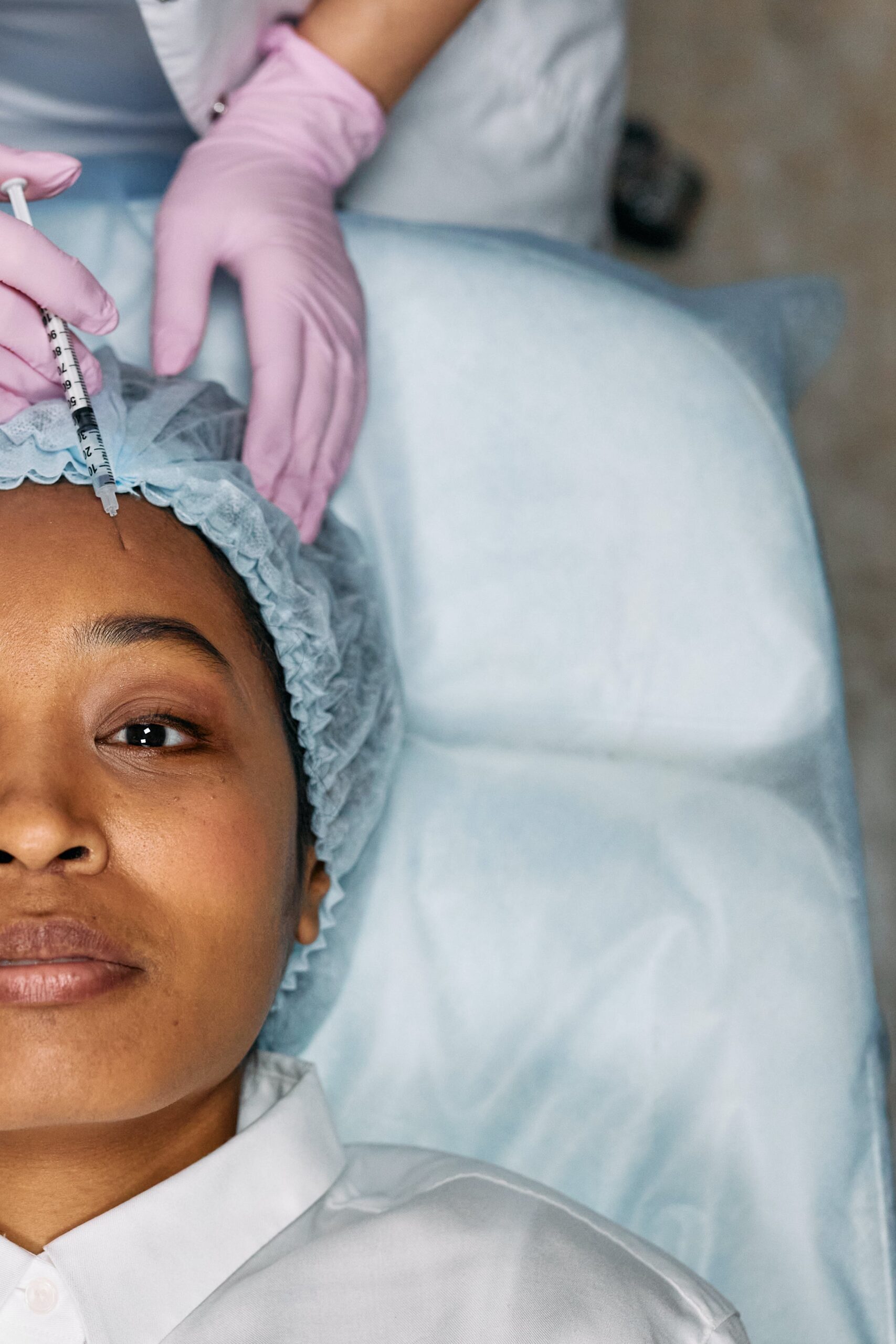OPINION: Embrace the gray hairs and wrinkles

Seeing that first gray hair or wrinkle in the mirror should bring happiness instead of insecurity.
Some men and women use preventative Botox as a method to stop the formation of wrinkles as they age. Students who use cosmetic treatments like this should stop supporting anti-aging industries and appreciate the beauty of aging instead, as this could improve their overall mental health.
Gen Z uses more skin care products than any other generation. A study showed that 97% of them use at least one skin care product daily. But these products aren’t just used for acne – many skin care products marketed to young adults are used to prevent the physical changes that come with aging.
A study showed that women who used anti-aging products felt better about their appearance, but extensive use of them negatively impacted their self-esteem. Another study conducted on women that received Botox to erase their laugh lines showed that the injections resulted in increased levels of depression.
Medical spas in the Tampa Bay area allow patients as young as 18 years old to receive Botox treatments. However, this technique is most commonly used by individuals who are in their 20s and 30s.
A study done with USC students concluded that 65% of the participants are planning on receiving Botox treatments in their 20s or 30s. Another showed that 54% of college-aged people already receive Botox injections regularly.
Companies selling these products profit greatly from women’s insecurities. The anti-aging market in the U.S. grew from $3.9 billion in 2016 to $4.9 billion in 2021. Tampa is no exception, with over 90 different plastic surgeons in the area.
Anti-aging companies profit greatly off of their customers’ fear of aging. But, as consumers purchase these products, their mental health could decline further instead of improving.
Social media has only escalated these issues, particularly for college students in which 82% reported using social media platforms such as TikTok. The anti-aging trends on the platform are normalizing these products and procedures for a young age group, sending the message that the physical changes from aging are a bad thing.
In the past month, #antiaging has been a popular trend on TikTok with over 100 million views, 53% of them being from an audience of 18-24 year-olds.This hashtag has been used in over 9,000 posts.
Catherine Pulitiz, a second year communications major particpated in an Oct. 24 interview with The Oracle.
“There are a few creators that go against [promoting anti-aging] and try to promote healthy aging. However, I think most people would label these as ‘body positivity’ channels, not beauty channels, which I think is incorrect because then it promotes that old is not beautiful.” Catherine said.
Social media continues to fuel the insecurities of people that seek anti-aging treatments. Social media beauty influencers should stop promoting anti-aging products or techniques so that viewers can avoid potential effects of declining mental health when they engage in these practices.
Alia Ahmed, a dermatologist that specializes in psychodermatology, the investigation of the connection between the skin and the mind, participated in a 2022 interview with Harper’s Bazaar. She said “Ultimately, it is not good for self-esteem for anyone to feel that they should be adjusting how they look to fit in with societal standards of attractiveness,” said Ahmed.
However, others feel that by using anti-aging procedures such as Botox, they can boost their self-esteem.
“Overall, I’m so happy with my botox results. It makes me feel more confident in my appearance and also makes me feel younger and fresher,” lifestyle blogger Stacey Freeman said.
To some people, receiving these products may be worth it in order to raise their self-esteem. Unfortunately, the short-term boost of confidence provided anti-aging treatments is deceptive, as mental health could decline after a while of having the procedure done.
Students should be cautious before engaging in any anti-aging procedures and evaluate its effects on mental health. They should also block or report content related to these procedures whenever they come across them on social media.
Aging is a wonderful thing that no one should attempt to hide, instead it should be embraced.







